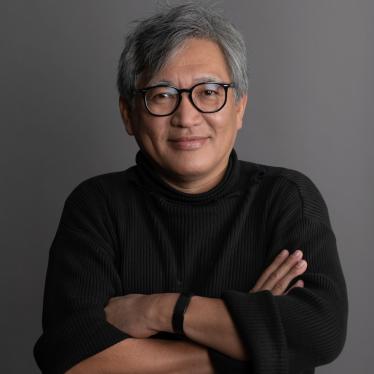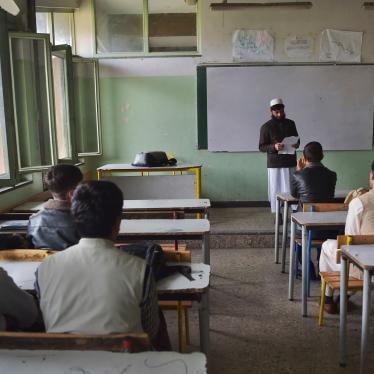There are multiple accounts of how Rico Ayomi, a 17-year-old student, died in Sorong, in Indonesia’s West Papua province, after 24 hours in police detention.
Police initially said Ayomi was found unconscious near an empty bottle of 70-percent alcohol when they detained him at midnight on March 11, indicating that his death 27 hours later was due to “alcohol poisoning.”
But Simon Soren, a relative of Ayomi’s, told Human Rights Watch that when police returned Ayomi to his family 24 hours after they detained him, he was unconscious and had injuries including “bruises on his left cheek, left shoulder, a bleeding nose and a broken jaw.” Ayomi never regained consciousness and died three hours later. Soren said eyewitnesses told him that a mob had assaulted Ayomi on the evening of March 11, accusing him of theft.
On March 21, Sorong’s deputy police chief, Chandra Ismawanto, told Human Rights Watch that the police assessment of “alcohol poisoning” as the cause of Ayomi’s death was “controversial” and that police now suspected Ayomi died from a combination of excessive alcohol consumption and a mob beating. He declined to say whether police were investigating. Ismawanto said the results of an autopsy would be available last week, but neither we nor the family have been able to get the results.
Questions about police conduct in Ayomi’s case don’t end there. Ismawanto confirmed that police waited 23 hours after they detained Ayomi to take him to a hospital, attributing the delay to slow official approval. He said police noted Ayomi’s failure to regain consciousness while in detention as “strange,” but that a doctor at the hospital certified that he was “healthy.”
The circumstances of Ayomi’s death demand a prompt, thorough and impartial investigation. But that is unlikely to happen. Indonesian authorities rarely investigate security forces implicated in the deaths of Papuans. In cases in which investigations do occur, police found culpable in unlawful killings invariably face administrative wrist-slaps rather than criminal prosecution.
Until there is political will in Jakarta to meaningfully investigate and prosecute the killings of Papuans by security forces or unidentified attackers, the lives of Papuans such as Rico Ayomi will remain at risk.









